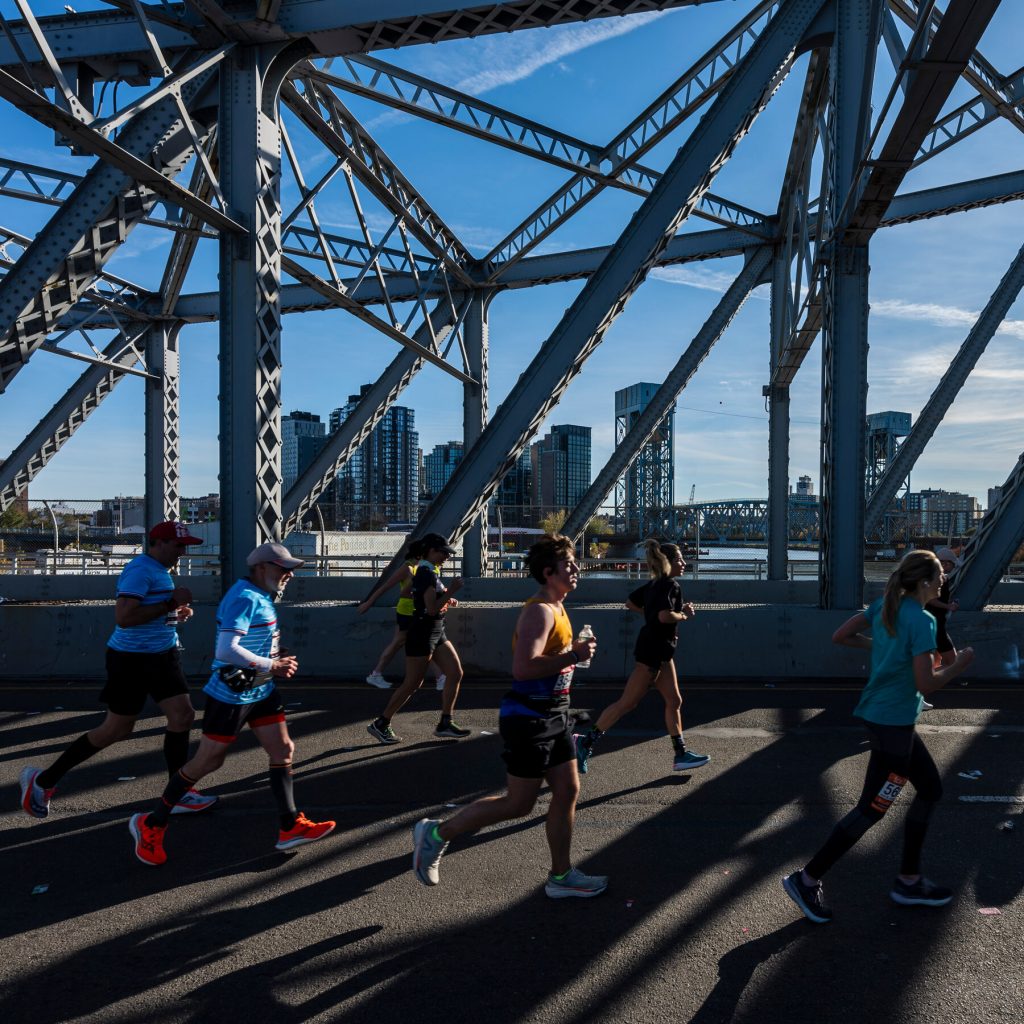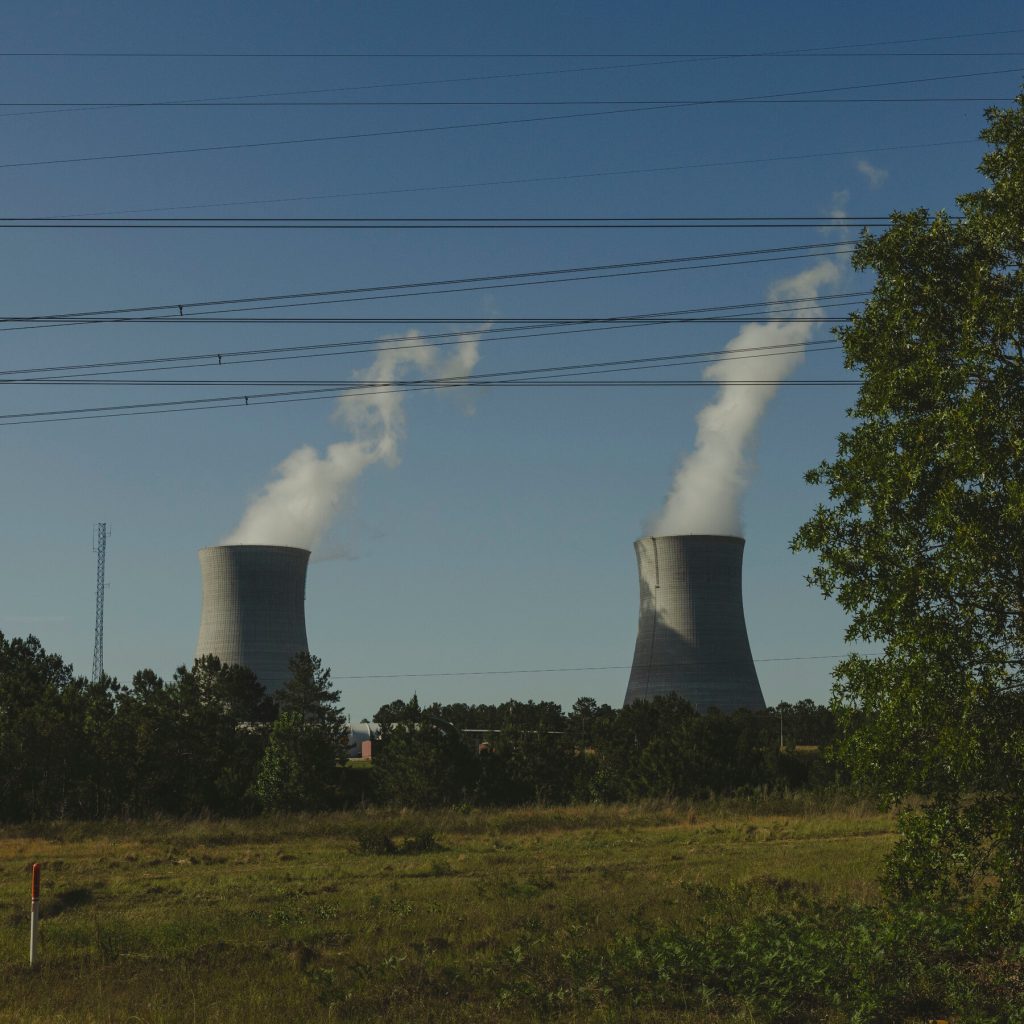Air Pollution Could Be Contributing to Your Slower Marathon Time

A recent study has revealed a concerning correlation between air pollution and marathon performance. Researchers analyzing data from runners who participated in major city marathons have found that high levels of air pollution can significantly impact an individual’s finishing time. The study suggests that exposure to poor air quality, specifically particulate matter (PM) pollution, can impede athletic performance and leave runners lagging behind their expected pace.
The research team collected data from thousands of marathon runners who completed major city marathons in the United States. They compared the runners’ finishing times with the levels of PM2.5, a type of air pollutant that consists of tiny particles that can penetrate deep into the lungs, causing respiratory problems and other health issues. The results showed that for every 10 microgram increase in PM2.5 per cubic meter of air, runners finished approximately 1.4% slower than their average pace.
The findings are particularly concerning for runners who train and compete in urban areas with high levels of air pollution. Cities with notorious traffic congestion, industrial activities, and construction projects tend to have higher PM2.5 levels, which can put runners at a disadvantage. The study’s lead author noted that while the impact of air pollution on marathon performance may seem small, it can add up to several minutes over the course of a 26.2-mile run.
The research team emphasized that their findings are not meant to discourage runners from participating in city marathons but rather to raise awareness about the potential effects of air pollution on athletic performance. They suggested that runners take precautions to minimize their exposure to poor air quality, such as avoiding heavily congested areas, wearing masks, and monitoring air quality indexes before and during events.
The study’s results have significant implications for public health, as they highlight the need for urban planners and policymakers to prioritize air quality management and implement strategies to reduce pollution levels in cities. By doing so, they can help create healthier environments for both athletes and residents, ultimately promoting a better quality of life for everyone.




